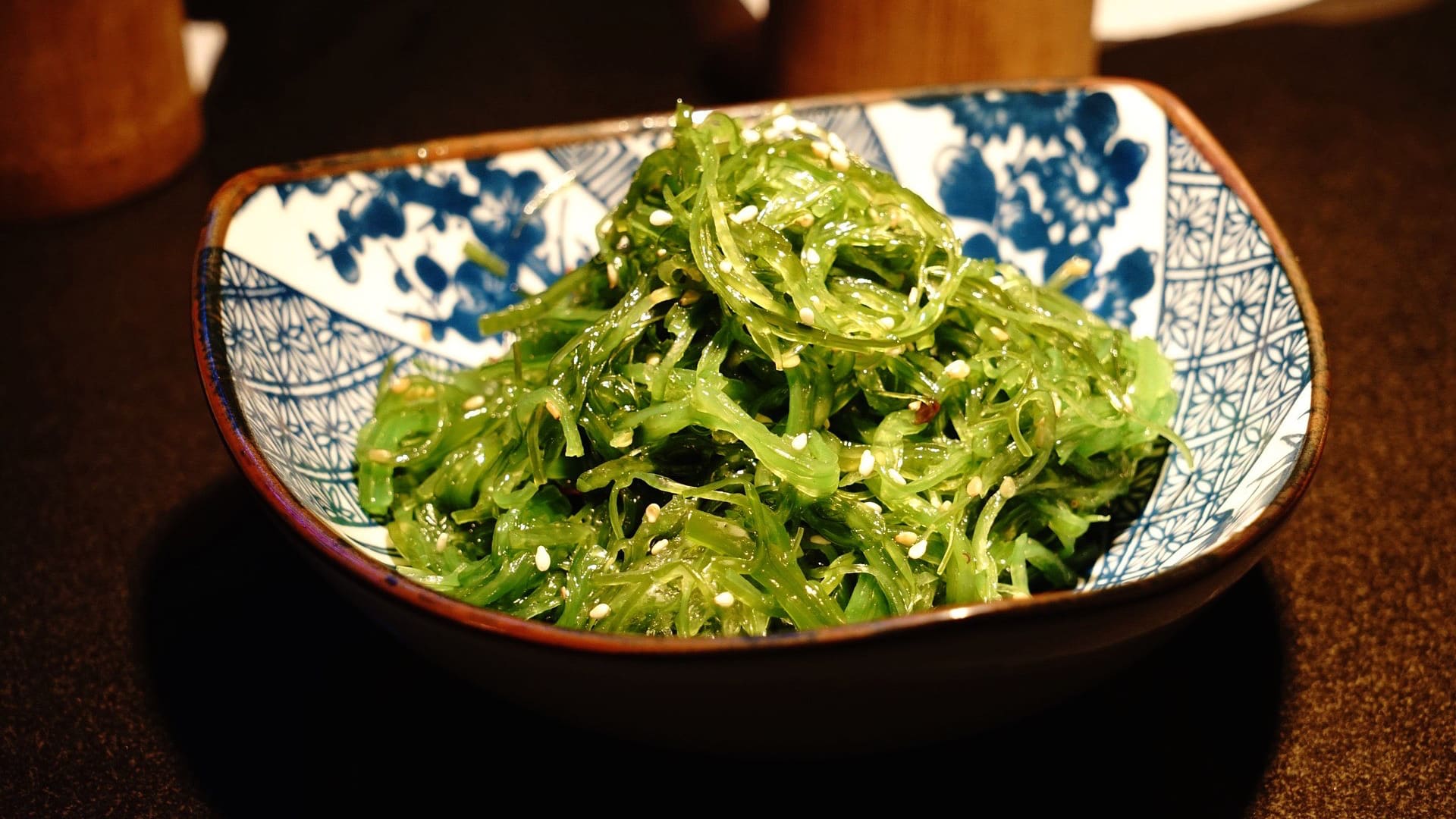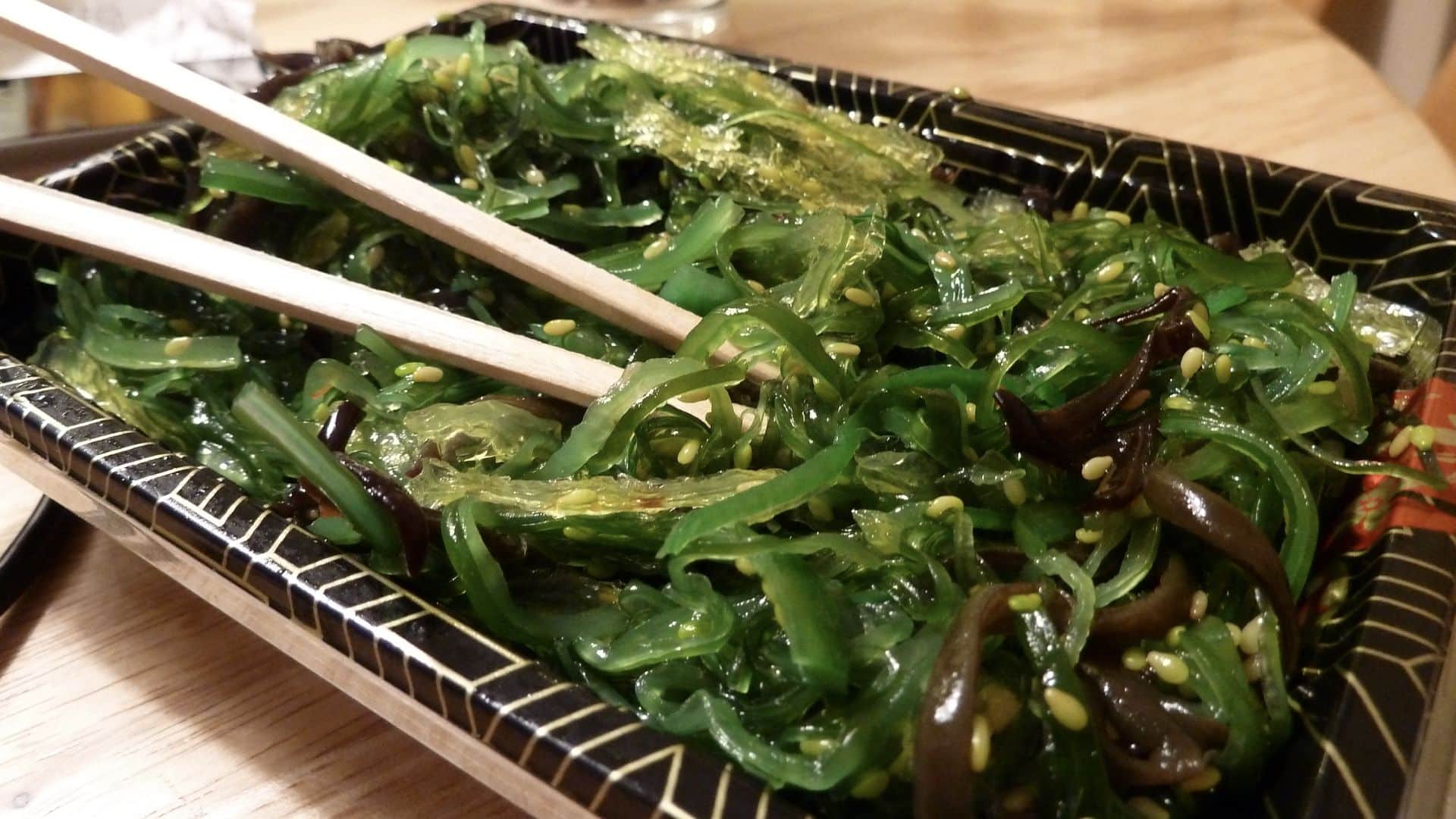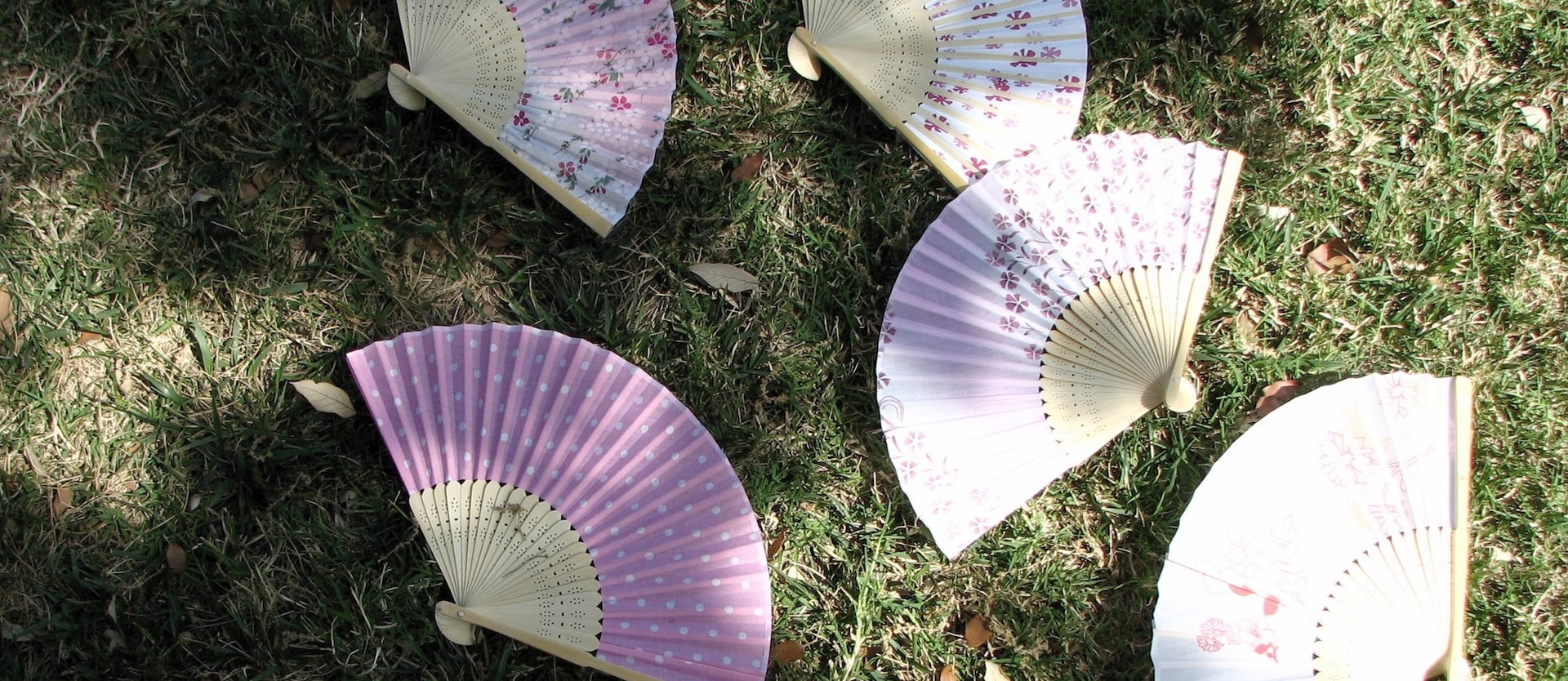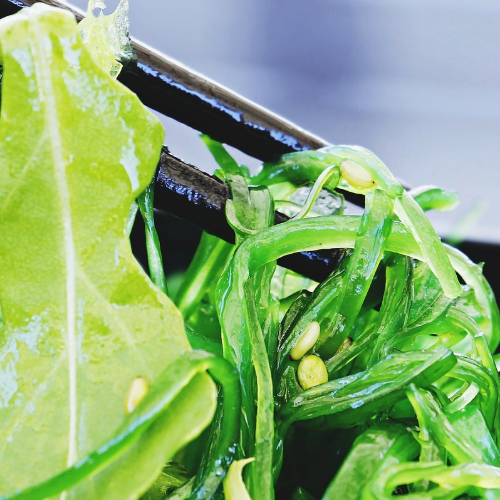
Wakame
You can think of seaweed as underwater greens. Billions of pounds of sea vegetables are harvested each year. Japan has among the highest per capita intake of seaweed, and its consumption is associated with lower disease rates and even lower all-cause mortality, though it may just be an indicator of following more traditional Japanese dietary customs. In terms of immune function, wakame, which is the kind you find in seaweed salad, can double or quadruple the replication potential of T cells, an important part of our immune defense against viruses, like herpes.
Nori, probably the most accessible seaweed, are the sheets used for making sushi rolls and great for snacking, one of my go-to favorites. It’s hard to beat the nutrient density; each sheet has as little as a single calorie. Study participants randomized to a nori extract for eight weeks experienced an increase in natural killer cell activity. The dose they were given was equivalent to about seven sheets of nori a day, though, so it’s not clear what the effects of smaller doses might be.
In addition to being an excellent source of trace minerals, sea vegetables have multiple unique components, including the olive-brown carotenoid fucoxanthin and a type of fiber called porphyran found to have lifespan-extending effects in model organisms.
One way seaweed could contribute to longevity is by lowering high blood pressure. Seaweed consumption is associated with better blood pressure control in both children and adults, and researchers found significantly lower blood pressures from 6 (but not 4) g a day for a month of dried wakame. A nice thing about whole food, plant-based interventions is that you sometimes get good side effects. In this study, a participant who had been suffering from gastritis saw their stomach inflammation resolved and another’s chronic headaches disappeared. Seaweed salad may also boost immune function, and seaweed and other dark-green leafies of the sea are among the healthiest iodine sources.
For substantiation of any statements of fact from the peer-reviewed medical literature, please see the associated videos below.
Image Credit: Image by NoName_13 from Pixabay. This image is modified.
Popular Videos for Wakame


How to Boost Your Immune System with Wakame Seaweed
Eating seaweed salad may boost the efficacy of vaccinations and help treat cold sores, herpes,...
Cancer Risk from Arsenic in Rice & Seaweed
A daily half-cup of cooked rice may carry a hundred times the acceptable cancer risk...
How to Treat Endometriosis with Seaweed
Five cents’ worth of seaweed a day may dramatically improve a major cause of disability...


